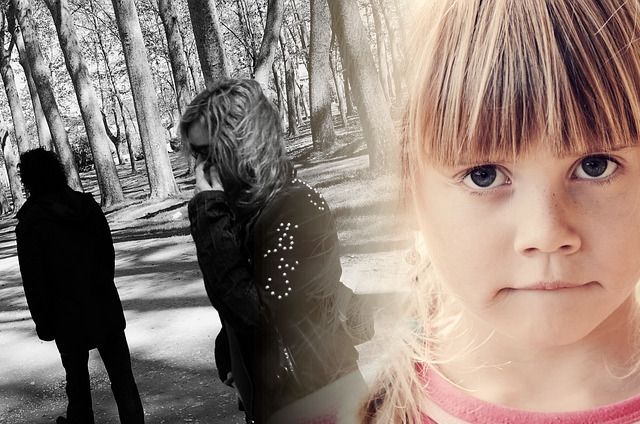
The child’s response to the possibility of zero-sum love is simply to do whatever is required to survive. Sometimes, this is to be as compliant as possible to get the love to return. Sometimes it is to become loud and demanding. Sometimes there is a secret wish (and even an attempt) to rid the family of the “alien” child.
In a situation like this, it is really important to understand that the child’s thinking pattern is different from that of an adult. Very young children can really only think in concrete terms. That is, to them, something only exists if it can be seen, and it only exists in one form. The expansion in thinking follows a developmental path just as physical growth does. The child changes from a more factual way of looking at the world to one that requires the skills of hypothesizing and speculating about things that are more abstract or even not existent in nature. This, however, doesn’t happen fully until the child is well into adolescence or even young adulthood.
Emotional growth also follows a developmental path. A young child feels all their feelings intensely and without any real capacity to control them. Just imagine a child throwing a temper tantrum and what’s really going on for them. As the adults struggle with them you can be assured that the child is as well. Consequently, all early decisions are most likely based on intense feelings. And as such, the decisions are also often just as intense.
For example, let’s say a child goes into the hospital for an operation. Mom “disappears,” according to the child, and leaves a very frightened child in the hands of “masked marauders”, who, from the child’s perspective, only want to hurt. The child knows that Mom is allowing them to do this. So, out of rage, the decision the child may make about this is never to trust Mom again to know what is best for the child.
Children also tend to map the particular onto the general. So, the child in the above example might also decide that not only is the mother not to be trusted but actually no adult can be trusted—and not just for now, but for all time.
The child thus transfers all the anger at Mom onto other people, who are now suspected of being out to hurt. The child begins to wish for all sorts of dreadful things to happen to them in payback.
The reality test for the child can be very quick in coming as such “magical” thinking takes flight. The mother might one day slip and sprain an ankle, the child might see news of adults being hurt, or the parents might have an argument. The child could very easily conclude that his or her own wishes caused these things to happen.
These life experiences then lead the child to make new decisions about his or her value as a person as well as about the value of others. At one extreme the child may come to believe that they are omnipotent. At the other extreme, a child might feel that he or she is a bad person and maybe shouldn’t even be allowed to live.
As an adult in counseling, such a person may present as depressed with suicidal tendencies; this is essentially a Victim life script in its most raw.
And the interesting thing here is that the cause of the depression may have been long forgotten; it operates now at the subconscious level. Even if the early negative self-image is remembered, the adult still may not be able to see his or her current experience as a direct consequence of decisions made so long ago.
In counseling, this person would be taken back to the time when the original decision was made, to explore it and evaluate it with clearer adult thinking. The outcome can be a new decision about his or her personal value, and consequently, a new script by which to live adult life.
To the wonder of you,











Leave a reply